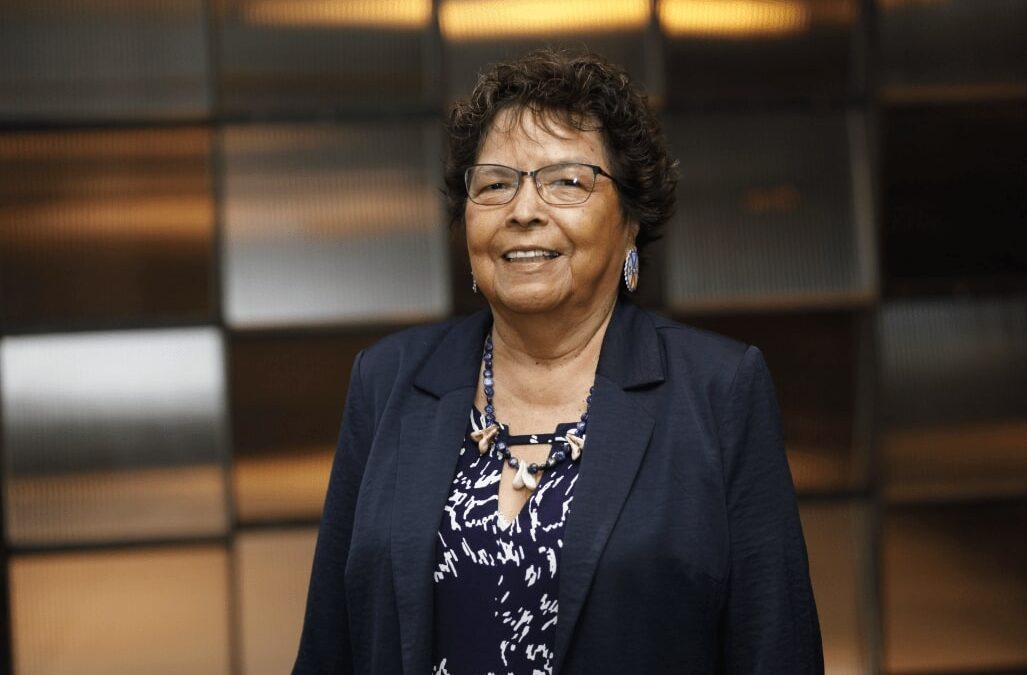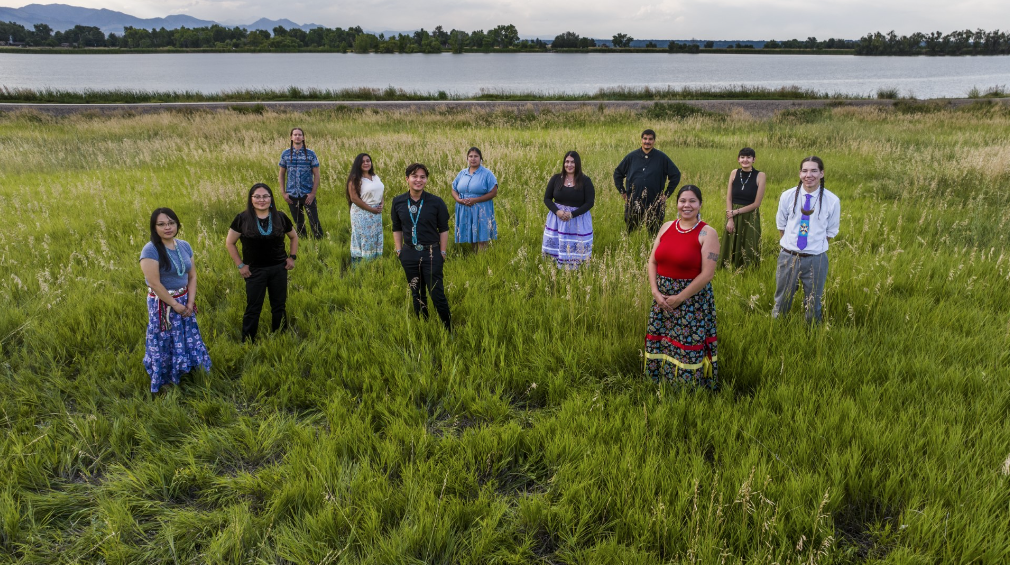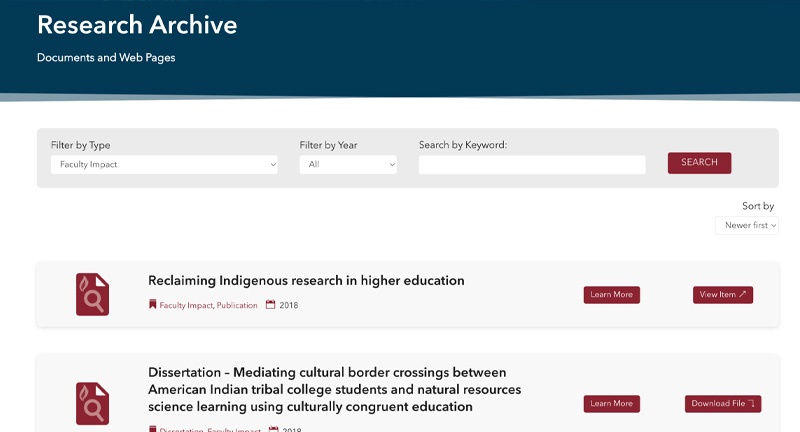Sequester Would Harm Tribal Colleges and Native Students
March 4, 2013
The nation’s tribal colleges offer American Indians in remote, impoverished communities access to a higher education. The sequester will have a devastating impact on these “underfunded miracles,” already operating on shoestring budgets compared to their counterparts. Gains in education attainment and economic sustainability in Indian Country will evaporate under the drastic cuts.
Dr. Cheryl Crazy Bull, President and CEO of the American Indian College Fund said, “Sequestration for American Indians isn’t just a budget cut. Sequestration is a violation of the trust, treaty, and statutory obligations to American Indian tribal governments by the U.S. government. Cuts of this magnitude will also have a catastrophic effect on tribal colleges, which have operated at below-full funding levels since their inception. The cuts will also harm their employees and students as schools lose significant funds for financial aid; daycare and tutoring; academic resources, courses, programs, training, and even funding for employee health insurance.”
How you can help: Contact your Congressional representatives between now and March 27 to ask them to find a budgetary solution without cuts to tribal colleges, which help reduce poverty in Indian Country. For a full directory of Congressional phone numbers and addresses, visit http://www.congress.org
The first seven-month sequestration would harm tribal college communities as follows:
Eliminate Courses and Close Schools
• Sitting Bull College (Standing Rock Sioux reservation in North and South Dakota) would close during the summer, eliminating programs such as the college’s annual Lakota Language Summit at a time when Native languages are threatened with extinction.
• Northwest Indian College (Bellingham, Washington) may close three extended campus sites.
• Navajo Technical College (New Mexico) serves the Navajo Nation, one of the least educated populations in the United States. The GED program and Environmental Science and Natural Resources program are at risk.
• College of Menominee Nation (Keshena, Wisconsin) will eliminate courses of study vital to community development and employment.
• Ilisagvik College (Barrow, Alaska) is above the Arctic Circle, where severe weather and lack of roads make distance-learning programs essential. But they will be cut.
• Turtle Mountain Community College (North Dakota) will eliminate elementary/secondary science/early childhood teacher education programs.
Increase Cost of Education for Needy Students
• Cankdeska Cikana Community College (North Dakota) will reduce tuition waivers, tutors, and child-care services, impacting the school’s neediest students with children.
• Northwest Indian College (Bellingham, Washington) may be forced to increase tuition to remain open, barring low-income students from attending.
Increase Unemployment and Underemployment
• Navajo Technical College (New Mexico) may cut faculty across the board.
• Fort Peck Community College (Fort Peck Reservation, Montana) will close its community-based Wellness Centers and eliminate its GED and Adult Basic Education program. These cuts could trigger a domino effect since American Indians have higher high school drop-out and mortality rates from diabetes, accidents, liver disease, suicide, homicide and chronic liver disease compared with other racial and ethnic groups.
• Little Big Horn College (Crow Agency, Montana) may implement a four-day summer work week, cutting staff incomes by 20 percent. A cut of this magnitude means the elimination of food, gas, and daycare for staff members who are single parents or support extended families.
• College of Menominee Nation (Keshena, Wisconsin) will lose funding for 35 employees, a huge loss for a small rural area.
• Ilisagvik College (Barrow, Alaska) would implement cuts impacting tutors, learning center staff, student support and library services.
• Sitting Bull College (Ft. Yates, North Dakota) would shift 50% of health insurance costs to employees, which many could not afford, resulting in uninsured workers. The school would also close during the summer, lowering faculty income.









